Patrício da Silva ganha prémio de composição nos EUA
 «Music gives a soul to the universe, wings to the mind, and life to everything». -Plato (Photo downloaded from [Beavercreek Piano Teachers Association])
«Music gives a soul to the universe, wings to the mind, and life to everything». -Plato (Photo downloaded from [Beavercreek Piano Teachers Association])
Lisboa, 18 Mar (Lusa) - O compositor português [Patrício da Silva] ganhou um prémio nos Estados Unidos com a peça intitulada "Three Movements for Piano Solo", composta em 2007 e inspirada num poema de Fernando Pessoa. Trata-se do II International Barto Prize Composition Competition, no valor de 5.000 dólares, e foi anunciado no fim de semana no estado da Flórida.
A obra vencedora, com a duração de 11 minutos, foi interpretada pelo próprio fundador do prémio, o pianista Tzimon Barto. Patrício da Silva, nascido em 1973, formado no Conservatório de Lisboa e radicado há alguns anos nos Estados Unidos, é autor de mais de duas dezenas de peças instrumentais e electrónicas. Segundo o site do compositor, o primeiro CD de Patrício da Silva sairá esta Primavera.
Three Movements for Solo Piano, by [Patrício da Silva] (1973, Portugal) and inspired in a poem by Fernando Pessoa, was awarded the II International Barto Prize (juried by Tobias Picker, composer, USA, Tzimon Barto, pianist, USA, Wolfgang Rihm, composer, Germany, Bright Cheng, composer, China and USA, and Marc-André Dalbavie, composer, France) on March 14th, at Florida (USA). (continues in the comment section). Click [HERE] to listen to some MP3 excerpts.




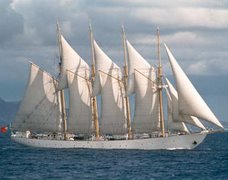

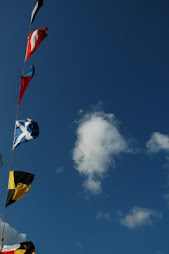






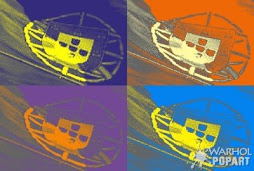
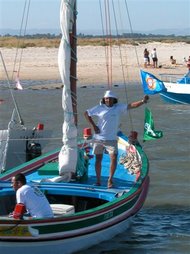



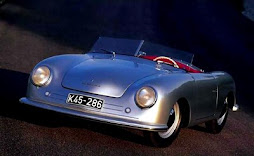

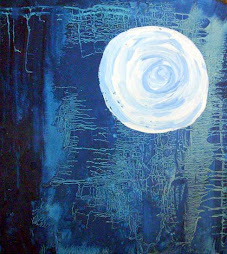




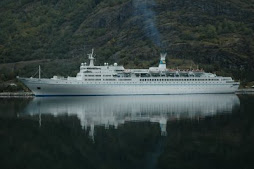





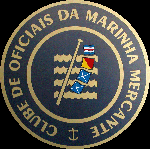





4 comments:
(Cont.)
Patrício da Silva received formal musical training at the Lisbon College of Music (1992-95) where he studied piano and composition. Following his move to the USA, da Silva pursued his composition studies as a recipient of the Betty Freeman Foundation Scholarship in Composition with Morton Subotnick, Stephen L. Mosko, and the late Mel Powell at the California Institute of the Arts (MFA, 1999). With support from the Fundação Luso-Americana para o Desenvolvimento (Portugal), he completed the Ph.D. program in composition at the University of California (2003), having studied composition with William Kraft, computer music with Curtis Roads, and algorithmic composition and music with Artificial Intelligence with David Cope. Additional studies in Germany include composition seminars with Helmut Lachenmann (Darmstadt, 1998) and Karlheinz Stockhausen (Kürten, 2002). His post-doctoral work as invited researcher at IRCAM in France (2003-04) was followed by a research grant (2004-05) by the Portuguese Foundation of Science and Technology in the UK. In 2006 he was a composition fellow at the Tanglewood Music Center studying with Michael Gandolfi, and John Harbison, and in 2008 an associate artist at the Atlantic Center for the Arts. Awards include, among others, the Gould Family Foundation Young Composers Award (2000), the Ojai Festival Music for Tomorrow (2001), the Ottto Eckstein Family Fellowship (2006), and the II International Barto Prize (2008). His music has been recently heard at Tanglewood, Ojai Music Festival, Musical Explorations, The Resistance Fluctuations, the Los Angeles County Museum of Art (LACMA), Zipper Hall, CREATE, Cistermúsica, International Music Festival Póvoa do Varzim, and the Los Angeles Sonic Odyssey, having his work also been featured in several European radio and television programs. Other collaborations include composing incidental music for the Shakespeare & Co. and orchestration for Hollywood film scores. His music has been performed by notable soloists and ensembles such as the California Ear-Unit, Moscow Piano Quartet, New Century Players, New Fromm Players, Orquestra do Algarve, Stefan Asbury, Gloria Cheng, Tzimon Barto, Cesário Costa, Lorenz Gamma, David Gutkin, Michael Kudirka, Brian Pezzone, José Rodilla, Ming Tsu, Laurent Wagner, and Lei Weng.
Interesting background information on maestro da Silva.
I've always believed that "life without music is not worth living."
Thank you Clueless!!!
É sempre bom saber que um compositor português tem o trabalho reconhecido fora de Portugal. Resta agora que consiga ser rei na própria terra, algo certamente bem mais difícil.
Post a Comment